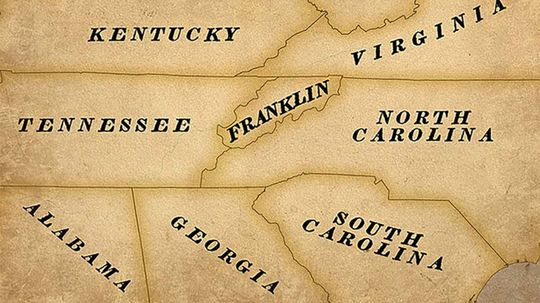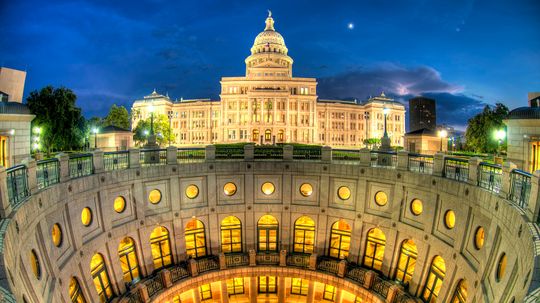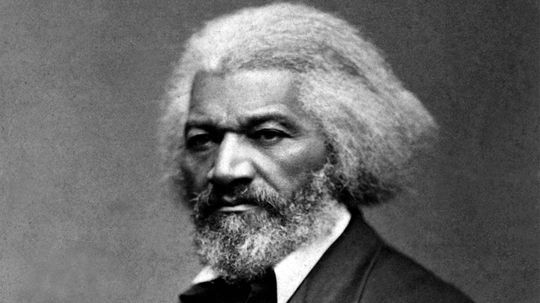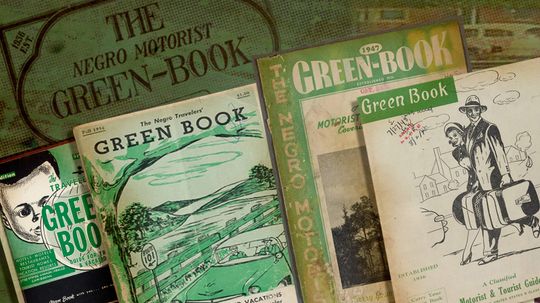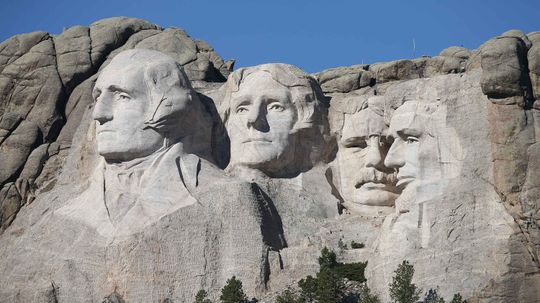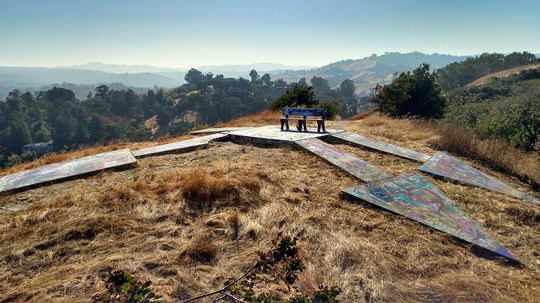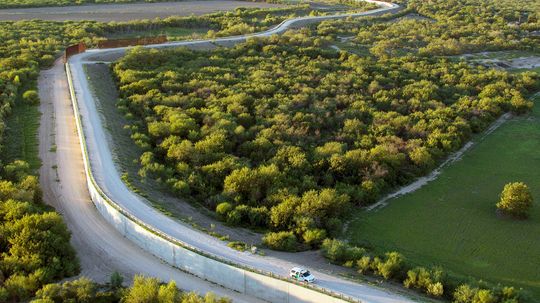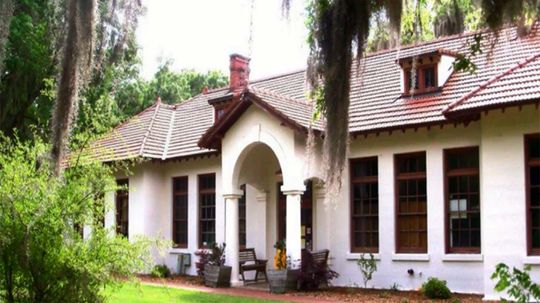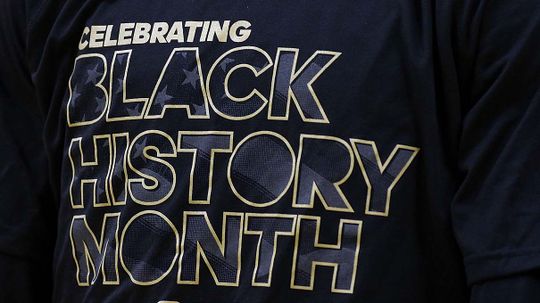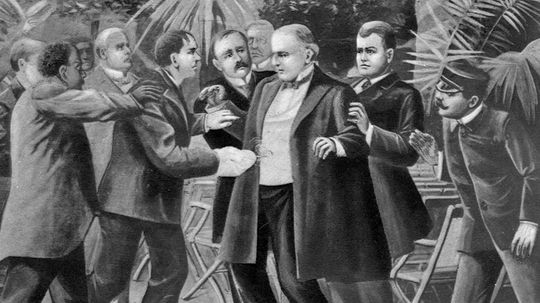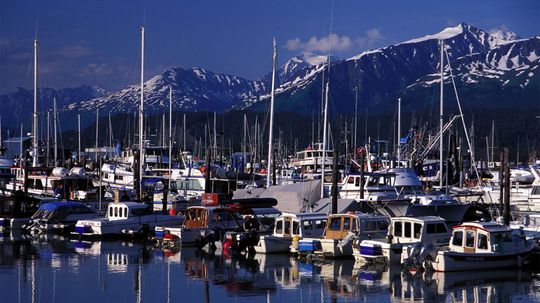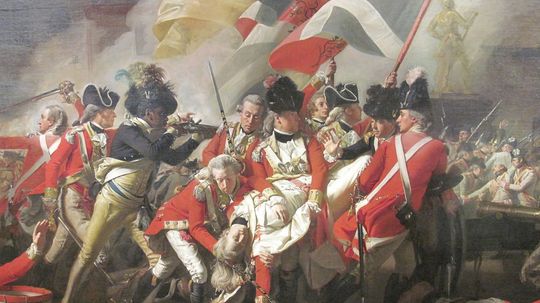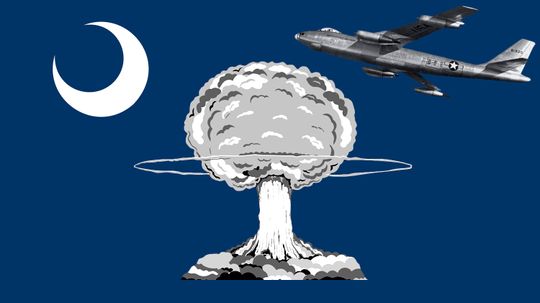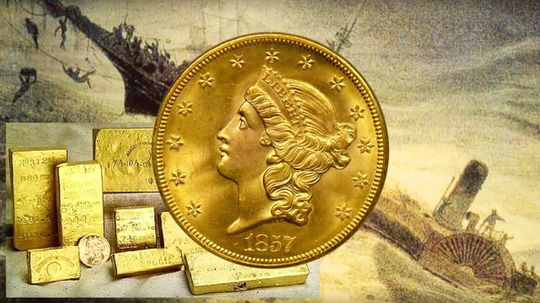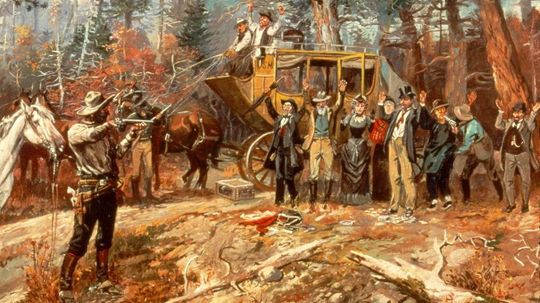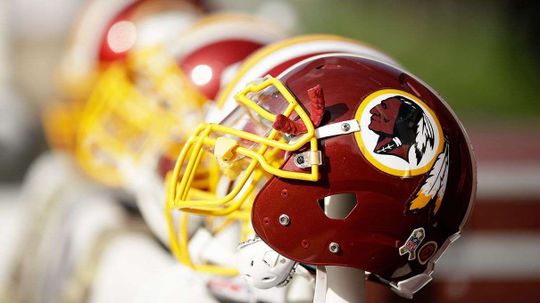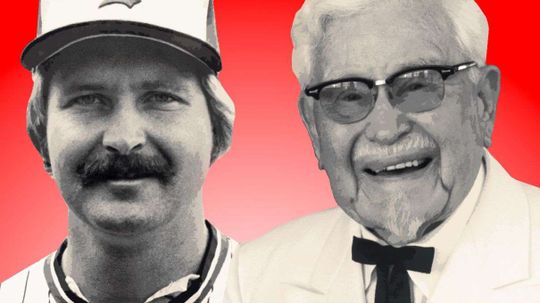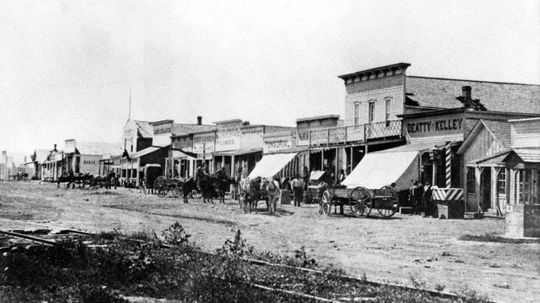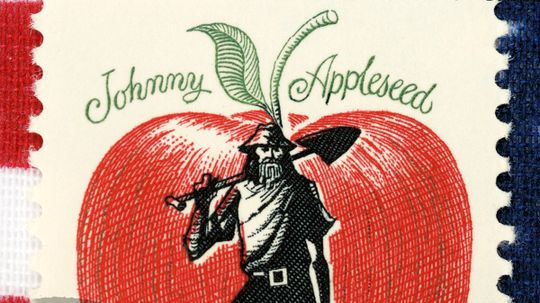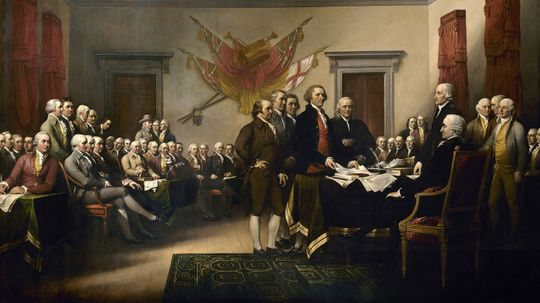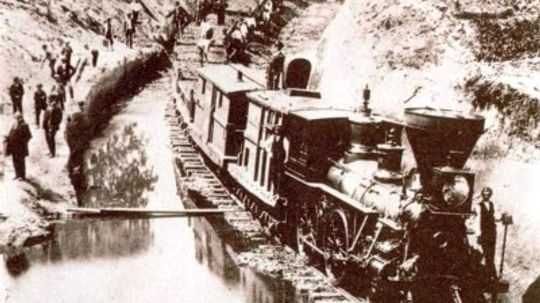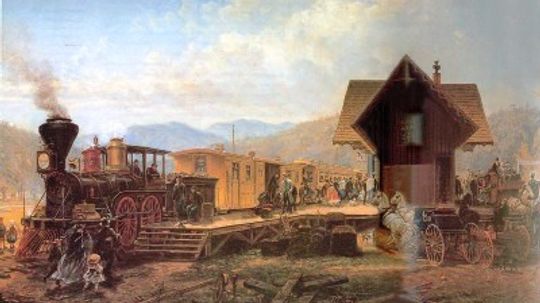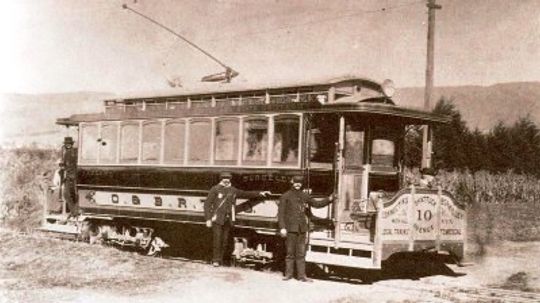North American History
From the southern tip of Florida to the Alaskan wilderness, explore North American history in-depth in the North American history section.
Learn More / Page 5
There are 50 states in the U.S., but there have been many proposals over the years to add more.
The Great Depression may seem like ancient history, but many of the factors that contributed to it still pose economic risks today.
The saying is really true. Texas is big. And so is everything in it.
Advertisement
Frederick Douglass' pivotal 19th century abolitionist newspaper has been relaunched for a 21st century audience.
By Carrie Tatro
Before the 1964 Civil Rights Act and even after it, the tradition of the "great American road trip" was very different for families of color.
By Dave Roos
Yep - there is a hidden space behind those famous presidential faces.
The last vestiges of America's early transcontinental airmail beacon system still exist as giant arrows across the landscape.
By Carrie Tatro
Advertisement
The roughly 2,000-mile boundary between the countries has been around only since the mid-1800s. But today it's a political line in the sand - literally and figuratively.
By John Donovan
Penn Center, located on sleepy St. Helena Island in South Carolina, may be the most important African-American historical landmark you probably don't know about.
By Carrie Tatro
Does February have special historical significance in African-American history?
By Carrie Tatro
William McKinley was a popular and very successful president who also was assassinated. Why isn't the 25th president better known?
Advertisement
It made geographical sense for Russia to sell its territory of Alaska to Canada, but it opted to sell it to the U.S. instead. Why was that?
By Mark Mancini
During America's War for Independence, the British promised enslaved Africans their freedom if they'd join their side. Thousands signed up. What happened next?
By Dave Roos
Has a nuclear bomb ever been dropped on the United States? Well, it happened back in the 1950s. But... it was an accident.
Treasure hunter Tommy Thompson claims he can't remember where he put 3 tons of gold from the shipwreck of the S.S. Central America. The courts don't believe him.
Advertisement
A Wild West governor once wore a pair of shoes made of the skin of an executed felon named Big Nose George. The gruesome but true story is predictably involved.
Ethnic brand identities and mascots affect people with different political leanings in surprising ways, at times increasing associations with Native American stereotypes.
In 1985, the Hanshin Tigers won the Japanese World Series. In the ensuing celebration, though, a statue of Colonel Sanders was drowned, and the team hasn't won since.
By Bryan Young
Rainbow parties in the 1960s may sound like good fun, but the frivolity actually centered around an H-bomb radiating the Earth's atmosphere.
Advertisement
We think the Wild West was a big shoot-'em-up, but statistically speaking, people of the wild frontier were more likely to encounter a handshake than a bullet.
Folk hero Johnny Appleseed planted apple trees across the United States during the mid-1800s. Can you actually take a bite out of history and pick an apple from one of those trees today?
Forget George Washington's cherry tree and Ben Franklin's inveterate womanizing. You're about to meet patriots you've never heard of, plus a few you thought you knew.
In the early 1800s, the United States witnessed the birth of the railroad industry and along with it, dramatic changes in American society and business. What was life like before and after the railroads?
Advertisement
The railroad expansion of the 1800s changed America forever. By 1900, the people North America had settled a continent that previous generations had thought would take a thousand years to occupy.
The turn of the century brought a new wave of optimism and amazing new technologies. It was also a time of unprecedented expansion in the railroad industry -- until World War I arrived.
